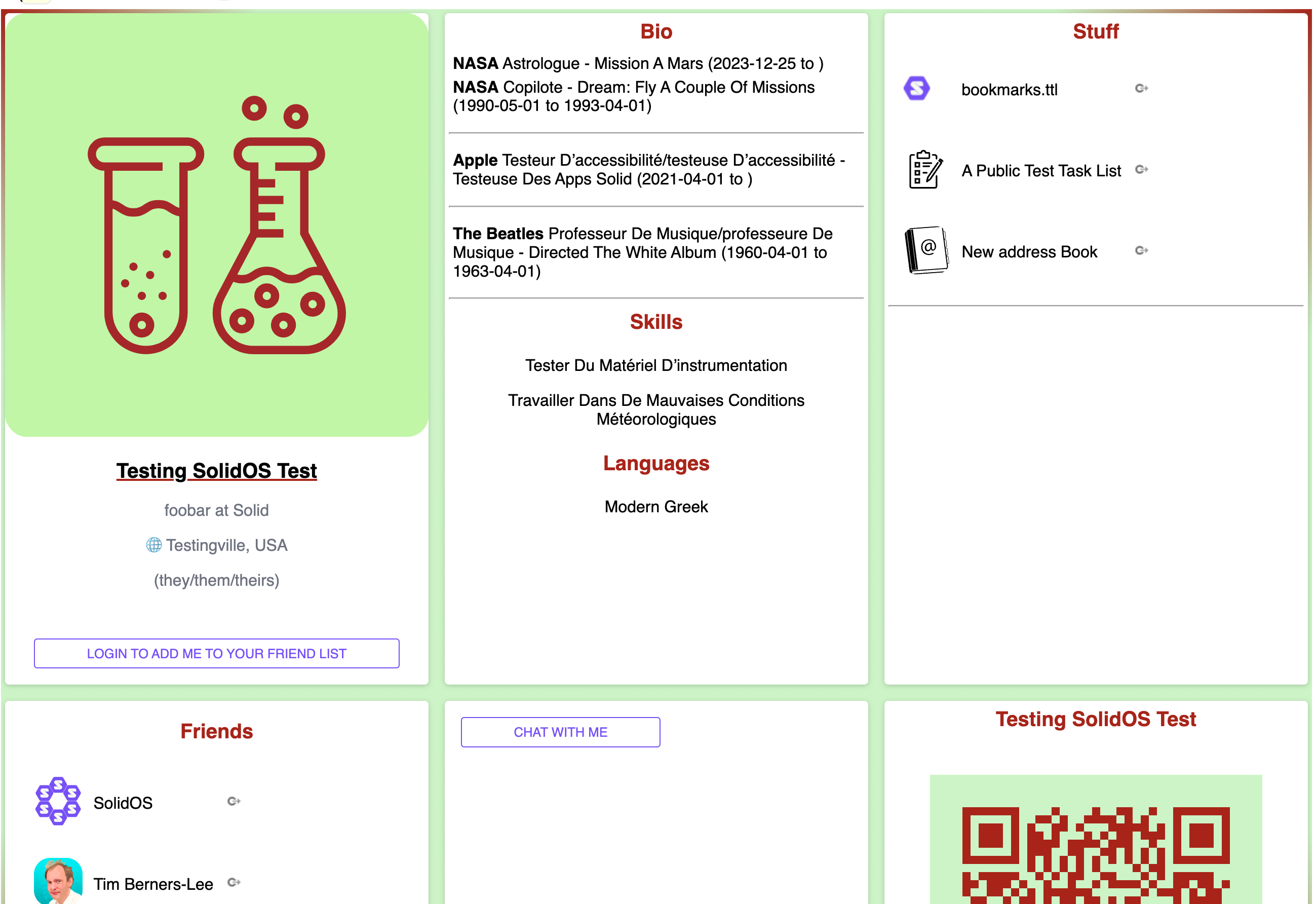The idea of someone's personal presence on the web is as old as the web, though initially personal pages were mainly parts of an academic site. Anyone who ran an internet-connected computer could put up a home page. Initially the internet was out of bounds for commercial use. Then all kinds of sites allowed individuals to have home pages, though it would ll be HTML document, not data.
It is not the place of this note to look at the history of personal web hosting services, like AOL Hometown (1998-2008), Geocities (1998-2009) Freindster (2002-2015), MySpace (2003-), Facebook (2004-), Twitter (2006-), as while they have been mainly about hypermedia, not data. If it was data it could have been calendar files (iCalendar) files, or RSS feeds as a machine-readable form of blog or podcast.
There were then a few projects to allow people to publish data themselves, inclding IndiWeb and FOAF. IndiWeb is a movement that everyone shoild have their own web site, by getting a DNS domain and running a server on it.
FoaF - Freind of a Friend - is an RDF ontology which allows anyone who controls their own web site to be able to put machine-readable data about yourself and your relationships. It was created originally around the turn of the millennium by Dan Brickley and Libby Miller. It was a protocol for building an open global social network. It had many neat ideas which this not the place to go into. The idea of a WebId being the RDF identifier for yourself. It had a key property, "foaf:knows", in which you express that you are aquanted with another person. It was linked data - you could follow the foaf:knows graph across the web. The enregy of the FOAF project has recently gone into the schema.org ontolgies. If you put RDF data in any web page using schema.org terms, a search engine will understand the semantics of your products, concerts, events, and so on. This allows Google to display info boxes about your products, which is much mre effective. It is also essential for Search Engine Optimization -- so a lot of web sites have this.
But now a person can have a solid pod, and a Web Id, They can put on that pod whatever data they like. Of interest here, they can put on that pod whatever data they like which is specifically public, like a home page, but data. This obviously works best when lots of people and apps put the same data on the pod an interoperable way. Just as elsewhere we have imagined all kinds of Linked Open Data (some are in the right column below), and all kids of Personal Private data (some are in the left hand column), here in the middle column of the table we think about what sorts of data about themselves they may want to publish as public. Or not: this is all very dependent on the person.
A basic level of public data is what people put on a business card. I'm going to assume that your pod has support for supplying an HTML version of the data for those who use a normal browser. A name and phone or email address, with a picture sometimes. If you put that on your pod, you can use a QR code as business card.
You can put an instant photo, the last of a photo stream, or a whole photo stream. A blog post, or the whole blog. As an academic, a list of papers you have published. For any professional person, thing about the stuff you (in 2024) put in sites like LinkedIn. Things you are proud of. Things you want to people to know about: skills, experience, qualifications, education history. People you work with, people you know. Causes you support, organizations you work with or are a member of. If course in a Solid world, you can link to the pods of those organizations, and people will be able to explore and interact with the profiles of those organizations as well in turn.

It is worth noting safety information people might like to share, like blood group, allergies, next of kin.
Its also useful of course to link to other places where you have a presence, like other social media accounts on social media platforms, and registries like ORKID. Yes, eventually all of your life and interactions should be in Solid pods, but in the mean time making it easy to connect to the old social networks is useful. You could even just use a Solid Pod as a pointer to your existing social media accounts. When you put a "link in bio" that link can be a link to your Solid ID, which can lead to the others.
Note: There is an interesting way of verifying your accounts relatively to each other: Put your Solid WebID in each bio, and link each account from your pod. Then you have proved that all accounts belong to the same person.
References
- IndiWeb
- FOAF The Friend Of A Friend ontology
- ORCID Open Researcher and Contributor ID
- Link Tree
- Friend of a Friend: The Facebook That Could Have Been Sinclair Target, Two-Bit History, 2020-01-05
- The Open Data Barometer